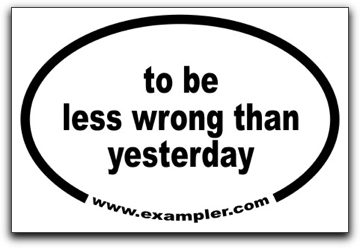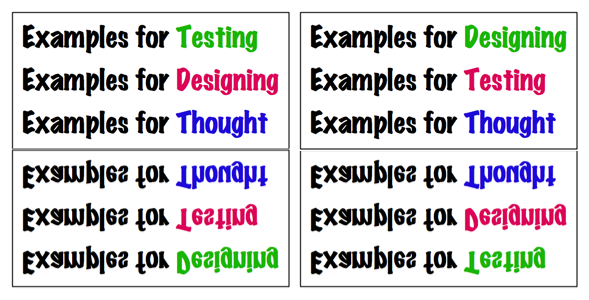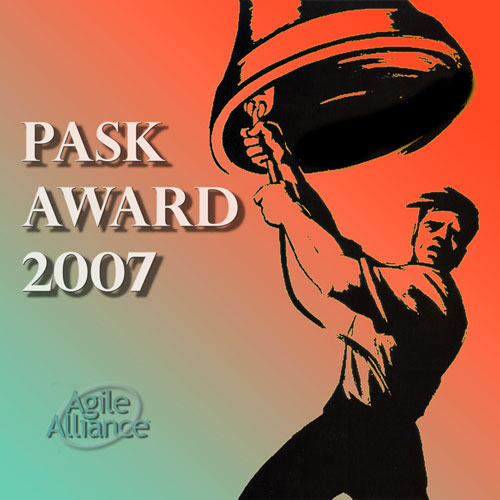Numerology
The cost of the Iraq post-war is roughly USD2,000,000,000 per week (EUR 1,442,760,000 today). The population of the US is roughly 300,000,000. That means each person’s share of the Iraq post-war is about… $6.66, or one centiBeast. I would have expected the world to end a couple of years ago, when we reached a full Beast, but this numerology stuff never does seem to work out.
Seven bucks a week isn’t that much, and think of all we get for it:
Switching gears, there are around 27.5 million people in Iraq (July 2007 estimate). So the war costs around USD73.0 per Iraqi per week. Could we just pay them to do whatever it is that they’re supposed to do for the post-war to be considered successful? Well, Sarbast Mohammed works seven days a week at two jobs and brings in around USD120.0 per week. He might appreciate the little top-up to his income. Might win his heart and mind.
Of course, we’d have to get it to him, and we and the Iraqi leadership haven’t done so well at handling reconstruction money in the past. I know the man for the job, though: Karl Rove. He was in charge of the post-Katrina New Orleans reconstruction effort, and we all know how well that went. Since he resigned his job at the White House, he’ll have even more time to do an even better job in Iraq.
Sorry, I’m feeling bitter. I’ve sat in on enough product design discussions to know that it’s easy for the external world to disappear. In many companies, each person’s career depends much more on how she positions herself in relation to her management peers than on how the product is positioned in the marketplace. That’s how silly product decisions happen. The more captive the customer base, the easier it is for primate status games to take over.
Well, I’m a captive customer, observing from the outside, and it seems by far most likely that this post-war will go on until someone figures out how to end it without much risk of taking the blame. The media/government network is too inward-looking to break out of the dollar auction, especially since they can personally lose only status, not blood or money.
On the other hand, 33% of US citizens still believe Saddam Hussein was personally involved in the September 11th attacks. Sorry, 33%-ers, but that’s… not sensible. I could grant you “unsure”, like 9% of your peers—more people should answer polls that way. But “yes” seems so beyond the published evidence that I’m flummoxed: either you or I are not paying anywhere near enough attention to have an opinion.
Yet people do, based (as far as I can tell) solely on artful juxtapositions of “9/11″ and “Saddam Hussein” in speeches. A whole lot of people make bad judgments about political matters based on what really amounts to habit and confirmation bias.
We can’t look at that poll result and ask the Democrats to risk doing anything about Iraq. The populace is not sensible. Yeah, so 64% of people say today that they want withdrawal within the next year. But half of them will be convinced in 2012 that Iraq was just turning the corner in 2008, that they knew that at the time, and that the Democrats went and turned victory into defeat.
We are so screwed.
In such a mood, I find configuring a version control / deployment environment (with Twitter and Jabber notifications from subversion!) strangely comforting: there’s an unending stream of glitches, each of which can be solved.
P.S. Because the above seems too self-righteous, I’m compelled to admit that I’ve had some pretty stupid opinions, both geostrategic and otherwise. For example, my opinions about exercising with ankle pain turn out to have been really, really stupid. I don’t mind that, since one of my goals is:




